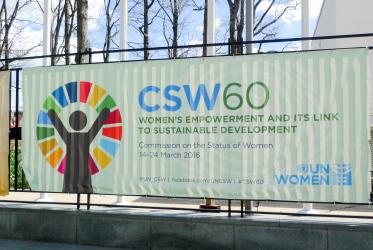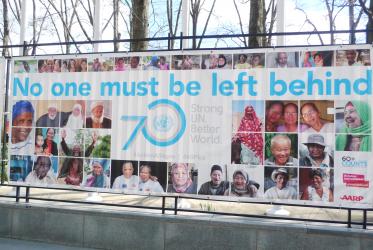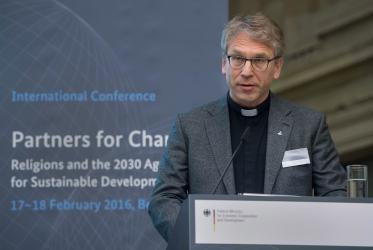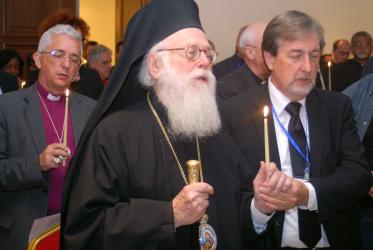Displaying 41 - 60 of 76
Symposium focuses on religion, violence, extremism
04 February 2016
Rebuilding a smashed church in Albania
23 December 2015
Basel University honors Ghanian Methodist theologian
09 December 2015
WCC urges responsibility for and support to the refugees in Europe
04 September 2015
Assembly renews churches’ commitment towards justice and peace
08 November 2013











